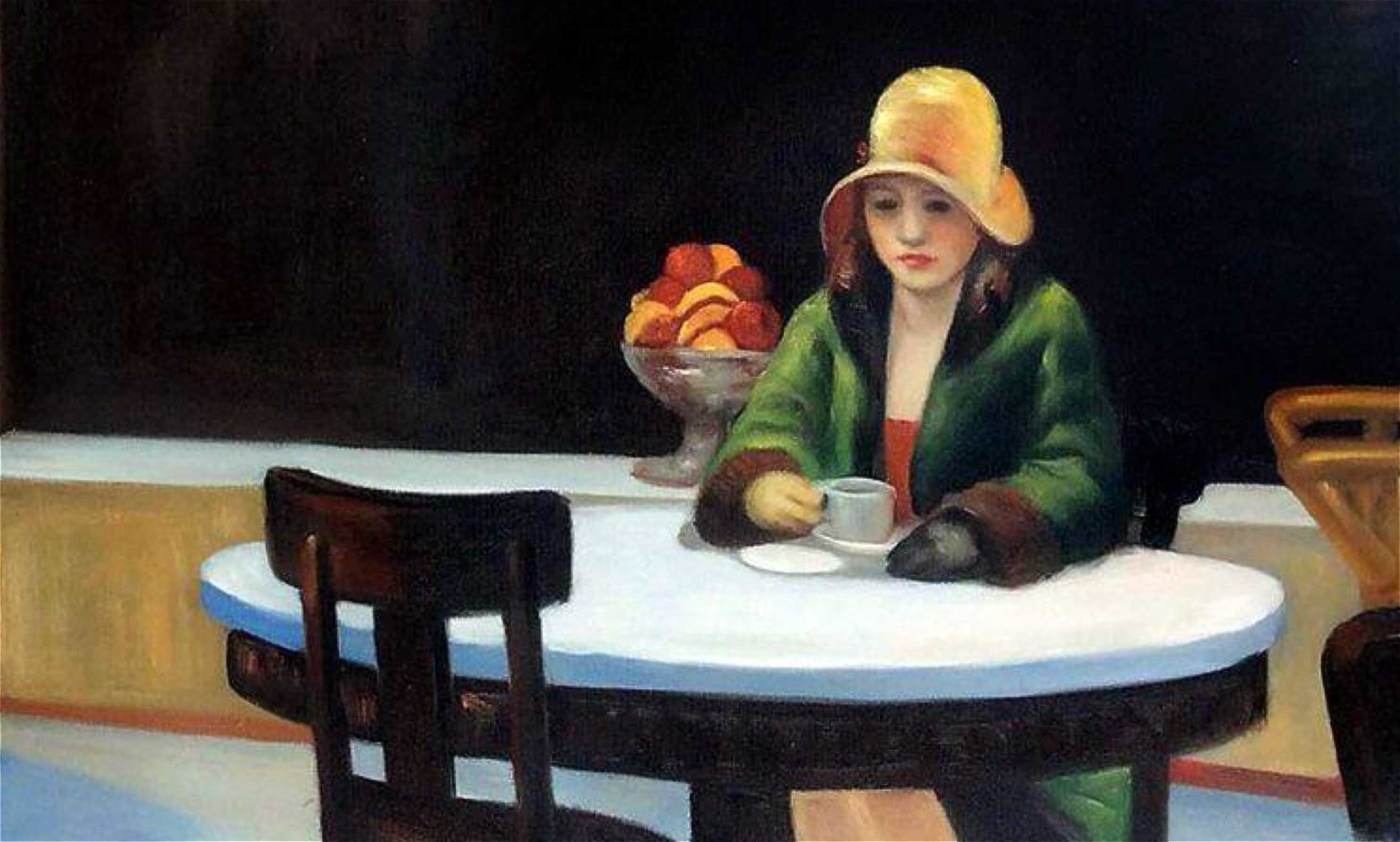As the Lights Dim and Die
POETRY: On my mother’s peaceful final hours.
The room, hers by fate,
by decorum, check-mate, is
to service the night, is
the forum where tightly
death clenches its grip,
its one-downmanship on
the end of her span, on
her weak exhalations,
outpaced, overlaid
by a tireless electrical fan.
The room, here she shrinks,
here’s the hand-hold
that links her dwindling soul
to our care, our patrol
of her eyelids, her lips,
while her free palm still grips
the chaplain’s small on-the-house crucifix.
The room, peaceful chapel.
It’s dappled by
infinitesimal sounds:
whispered nurse on her rounds,
styro-cup, tocked on table,
flexing bed-motor cable,
bleeped mechanised tending,
the engines of ending,
of rubber on plastic,
diaphragm, elastic,
distant door-buzzer’s ring,
each cellophaned thing,
and of human reshuffling,
our tired backsides muffling
the pleathery creaks, silent prayers
from the hospital chairs.
Tucked in, like the doll of a child,
reconciled,
each intake of air is so spare,
takes a dive, gentle knock on
her lungs’ creaking door,
and comes back, to
her bubbling throat, a rasp,
like the softest of waves on a pebbly shore.
The room, isolating,
the family, waiting.
She lies, nevermore
as each faculty slips to the floor.
And she breathes, and she knows,
she breathes, she slows.
A gap, she breathes.
A gap, she breathes.
A gap.
A gap.
She goes.
I FEEL LIKE THERE’S SOME CRUELTY in recounting these memories, but I’m motivated to make a record of this profound episode. These moments are rarely talked about openly; I’m treading on a small taboo.
This happened in early January 2025, and now the funeral has passed I feel the balance of having drawn a line. That feels cruel, too; how can I so easily move on? Maybe the answer is that I have not, and this poetry is part of the process. Amateur shrinks, wade in.
What struck me most in the moment was how the spaces in which so many deaths take place are arbitrary, convenient, institutional, and very much forced by circumstances. They are liminal zones where we are literally passing through. I think we’d all prefer to die at a party, at a feast, as conversation sparkles around us, hearing adventures blaze in the next room, with the giddiness of grandchildren, the singing of favourite songs, among vividly-lived memories. If only one could plan for these things.
Nevertheless, we did our best for her. Much of the evening was contemplative, but towards midnight we were round her bed, recalling songs from years before when she sang in musicals, very badly singing them ourselves. We were laughing at the recollections and then, as midnight turned and her fingers cooled, we noticed she had chosen that moment to leave. “A good death.”
I’d like to dedicate this poem to the Palliative Care Unit at St. Mary’s Hospital, Newport, Isle of Wight. They are deeply wonderful people.
You made it to the end! Enjoyed this post?
I love encouragement. A simple LIKE is so helpful. Sharing, Restacking or writing a Comment or Note is even better. My follower-count is “boutique” – I’ll notice you.
Feeling generous? Drop a tip in the jar or even buy a paid sub and feel the glow of tribute – you’re a Patron Of The Arts!
Illustration: “Automat” by Edward Hopper, 1927




Hi Ian
I do not see it as a cruelty. I see it as a gentle and loving - and realistic - record of what is still profound event, no matter the circumstances. It reminded me of my own Mum, under similar circumstances, (I have not written about it myself) and of my Father, for whom I did write poem. If you are interested - https://davidkirkby.substack.com/p/two-poems-for-fathers-day?r=471m47
Why do we write of these things? Therapy, yes, I suppose, but I think it is as simple as the desire to communicate - to share the complexity of self aware existence.
I am glad you shared this poem.
Best Wishes - Dave
This was beautiful.